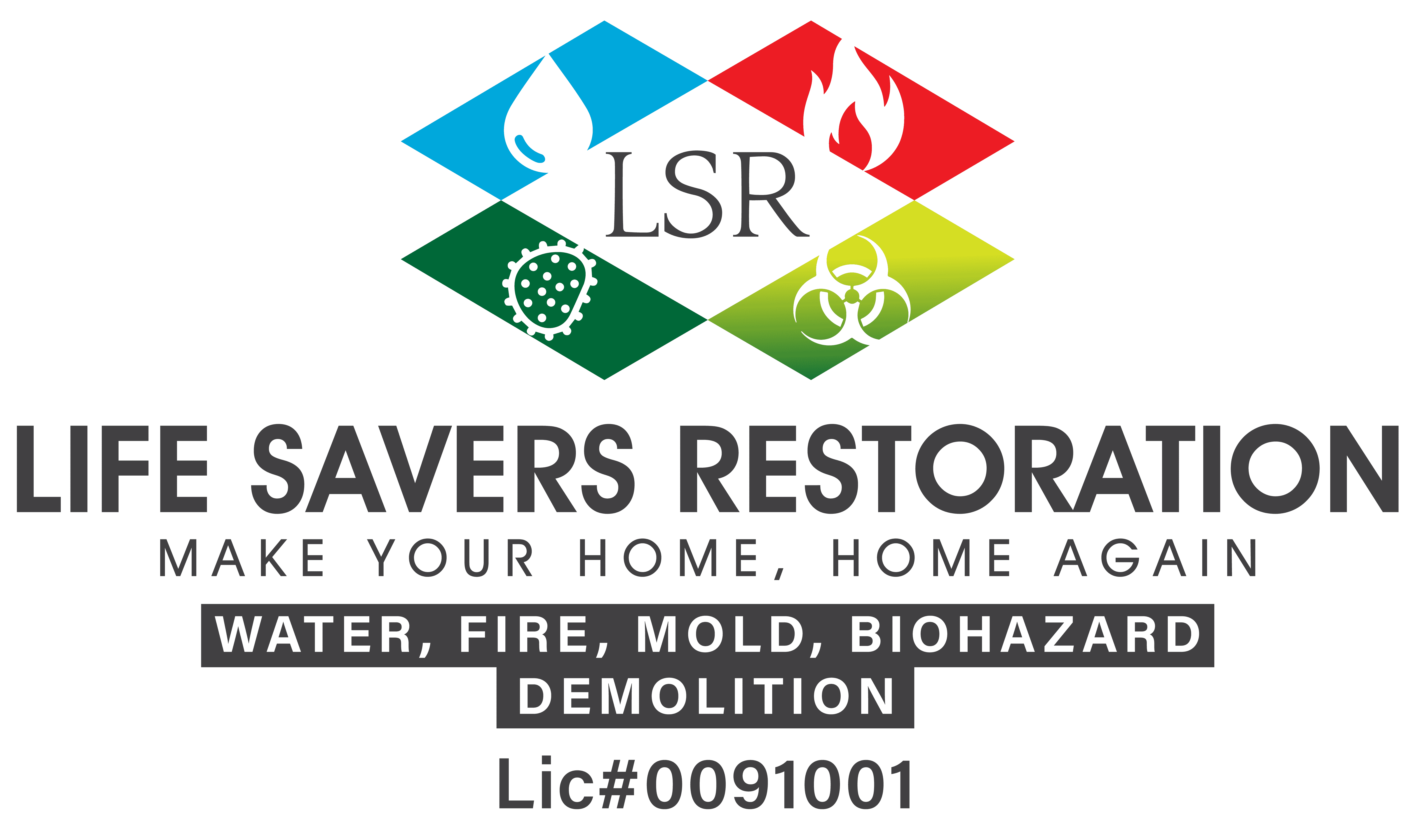
Characteristics of Waste
Waste can also be identified according to its characteristics. What all of these characteristics have in common is that they point to problems that can arise if they are not handled correctly.
- Ignitability
As the name implies, this type of waste can result in a fire. Kerosene or gas are examples.
- Corrosivity
Corrosive waste can decompose and result in serious damage to the skin, among other negative health consequences. A car battery, with its acidic component, is a prime example.
- Reactivity
Reactive waste can be explosive if it becomes unstable. A lithium-sulfur battery could fall into this group.
- Toxicity
Another characteristic whose consequences are self-evident, toxic waste is poisonous and potentially fatal if ingested or absorbed. Lithium-sulfur batteries can also fall into this group, something that serves as a reminder that hazardous waste can have more than one of these four characteristics.
How to Reduce Hazardous Waste at Home and Work
Minimizing hazardous waste production benefits both individuals and businesses. Here are some simple yet effective ways to reduce hazardous waste:
- Choose Eco-Friendly Products – Opt for non-toxic and biodegradable household cleaners, paints, and batteries.
- Recycle Whenever Possible – Many hazardous materials, such as electronic waste and batteries, can be recycled rather than discarded.
- Proper Storage and Usage – Keep hazardous products in their original containers, sealed, and away from children or pets.
- Participate in Local Hazardous Waste Collection Events – Many communities offer scheduled drop-off events for safe disposal of hazardous materials.
Train Employees on Safe Practices – Businesses should educate staff on handling, storing, and disposing of hazardous waste to minimize risks.
By taking these proactive measures, you can significantly cut down on hazardous waste accumulation and contribute to a safer environment.

Safely Dispose of Hazardous Waste
Hazardous products are often disposed of casually, in the trash can or the drain. This can be very dangerous. The waste that’s poured into a drain finds its way into our lakes, rivers, and streams. A hazardous product tossed in the garbage ends up exposing a landfill worker to all the risks noted above.
Attempts to use ditches and gutters to get rid of hazardous waste are often rooted in good intentions but bring the same negative results. Burning hazardous waste releases poisonous fumes into the air.
Burying it can contaminate the soil. Storing the waste might be viable for a short period of time, until you can get it professionally cleaned and removed, but storage still carries long-term risks.
Choose Life Savers Restoration for Safe Waste Handling
Disposing of hazardous and medical waste should be done by a professional. Life Savers Restoration has over 25 years of experience with doing this potentially dangerous work safely.
A family-owned business that serves Henderson and Las Vegas, we work diligently and with great attention to detail to make sure you and your family are safe. Our dedication to quality service is reflected in the positive reviews from satisfied customers who trust us for their hazardous and medical waste disposal needs.
Call us today at (702) 845-1325 or contact us online to set up an appointment for Henderson Hazardous Waste Disposal.
Commonly Asked Questions
What types of hazardous waste do you handle?
We handle a wide range of hazardous waste, including chemicals, batteries, solvents, and contaminated soil. Our team ensures proper disposal to prevent environmental damage.
How can I tell if my waste is hazardous?
Hazardous waste typically has characteristics such as ignitability, corrosivity, reactivity, or toxicity. If you're unsure, it's best to consult with a professional disposal service.
Is hazardous waste disposal required by law?
Yes, federal and state regulations mandate proper disposal of hazardous waste to protect public health and the environment. Failing to comply can result in fines or legal consequences.
Can I dispose of hazardous waste at home?
No, hazardous waste should never be disposed of in regular trash, drains, or outdoor areas. Professional disposal services ensure safe and compliant removal.
Do you offer hazardous waste disposal for businesses in Las Vegas?
Yes, we provide commercial hazardous waste disposal services for businesses throughout Las Vegas and Henderson, ensuring compliance with all local and federal regulations.
What should I do with old paint and chemicals?
Store them in a secure location until you can bring them to a hazardous waste disposal facility. Never pour them down the drain or throw them in the trash.
How often should I schedule hazardous waste disposal?
This depends on the amount and type of waste generated. Businesses may require regular pickups, while homeowners may only need occasional disposal services.
What happens to hazardous waste after disposal?
After collection, hazardous waste is processed through recycling, treatment, or secure landfilling, depending on the type of material. Our goal is to minimize environmental impact.
-

-

-
Rudy and his team were fantastic when our kitchen flooded they were professional, supportive, thorough, and great communicators throughout the entire process. Have to give a special shout-out to Austin and Elias for all their hard work and helping me keep my sanity as they literally took apart my kitchen.
Highly recommend it when chaos ensues!
Courtney H.




